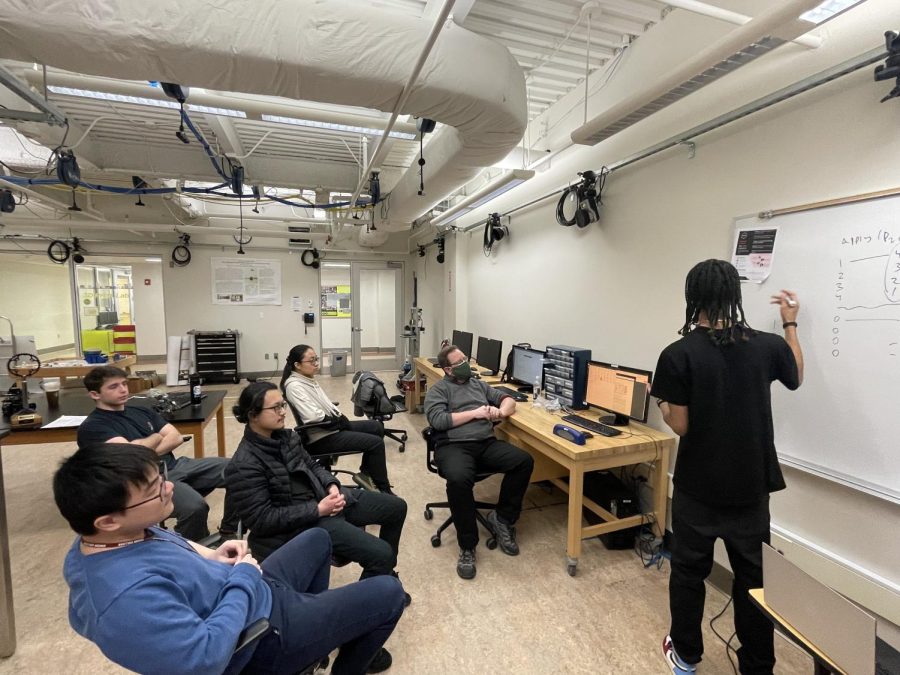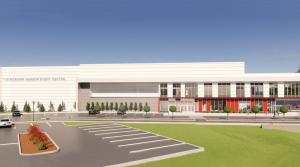Research Spotlight: Matthew Anderson
Processor Anderson teaches introductory and upper-level Computer Science courses. This term, he is teaching Scientific Computing (CSC 108) and Guided Research in CS (CSC 489). He can be reached at [email protected].
February 2, 2023
Matthew Anderson, Assistant Professor of Computer Science, received his Ph.D. in from the University of Wisconsin-Madison. He is also a graduate of Carnegie Mellon Univesrity with two Bachelor’s of Science degrees in Computer Science and Phsyics.
Professor Anderson supervises “Matt’s Lab.” The nomenclature wonderfully plays on the name of the programming language Matlab, short for “Matrix Laboratory.”
As a complexity theory expert, Professor Anderson and his lab are currently working “to come up with ways to multiply matrices– big grids of numbers– together while using fewer resources, like time, electricity, or money, than existing methods.” Professor Anderson and his student researchers are particularly interested in “designing and implementing programs to search for more efficient algorithms to multiply matrices,” a fundamental operation in disciplines like mathematics and in other real-world applications.
This term, Professor Anderson is supervising eleven students on research projects, from first-years to seniors who are working both in this lab and his virtual reality lab. He highlighted that “students working in my lab learn new programming languages (like C++) and techniques, create tests, develop and implement new algorithms, run experiments, and present their work through posters and articles.”
Professor Anderson’s lab is not limited to students studying computer science. Students outside of the CS major could also work with him, as the “most important thing is curiosity and the drive to challenge yourself,” Professor Anderson remarked. Professor Anderson regularly works with computer engineers or mathematicians.
Zach Dubinsky ‘23 is a senior working with Professor Anderson. He describes himself as “an algorithms researcher focused on computation with abstract mathematical structures.”
Dubinsky is currently optimizing a search algorithm for finding certain subsets of these structures.
“The opportunity to research at Union College has been invaluable in my personal and professional development,” Dubinsky remarked.
In particular, Dubinsky has “obtained many different technical skills, improved [his] ability to learn, and … [learned] how to work in a team.” He also stressed that there are research opportunities for any student at any level.
To get involved with Matt’s Lab, Professor Anderson recommends that incoming students have some programming experience, either through high school classes, having done independent programming projects, or by having taken one of the computer science department’s introductory courses (CSC 103, 105, 106, 107, or 108). He also stresses that no prior experience is required, as many of his students come in with little to no knowledge in research.



